C-Section Recovery Tips and Advice
Caesarean sections are a relatively common procedure in Australia, with up to 1 in 3 women delivering their babies via this method. So I wanted to share some tips and advice on how you can optimally recover from this major surgery.
Everyone's recovery after a C-section varies, but certain general recommendations can aid the healing process. Rest is crucial for your body's recovery following major surgery. Additional suggestions include:
Osteopathic treatment
Maintaining good nutrition
Keeping hydrated
Breastfeeding support
Pain management
Having emotional support
Gentle exercise
The human body possesses an extraordinary inherent ability to heal when provided with the ideal conditions and support it requires. Treating yourself kindly and attentively is important, granting your body the necessary care and assistance for its healing process. By practising self-care, not only will you expedite your recovery, but you will also embrace the journey ahead with greater enjoyment and fulfilment.
Osteopathic treatment after a C-section
Your osteopath can help by releasing adhesions close to the incision or scar tissue. Releasing adhesions and mobilising the scar tissue can help alleviate lower back and pelvic pain.
Cranial osteopathic treatment can help your body readjust after pregnancy and birth by releasing any postural strains held in your spine and pelvis resulting from pregnancy and childbirth. Cranial treatment can also help to calm your nervous system, improve your quality of sleep and balance your hormones – benefits many new mothers often aren’t aware of.
Top tips for your recovery after a caesarean section
Seek assistance
It is crucial to seek extra support from loved ones or a trusted friend. Newborn babies require constant attention, which can be challenging when you need to rest and recover after undergoing major surgery. Overcoming any reservations about asking for help is important; allowing others to lend a hand. It's worth noting that the majority of people genuinely enjoy assisting and find it gratifying. So, embrace their willingness to help. Remember, it's a mutually beneficial arrangement!
Be Gentle
Go gently with yourself. It’s not a time to test your limits or tick everything off on your to-do list. Put aside housework for the time being or ask a family member to do a few jobs so you can rest. When your baby is sleeping use this time to have a nap yourself. Rest is essential for healing and repair, so rest as often as you can. Your body will thank you for it and the washing can wait!
Keep up your fluids
Staying properly hydrated is crucial for tissue healing and preventing constipation. Avoid putting unnecessary strain on the abdomen or pelvic organs by ensuring a smooth experience when going to the toilet. Remember, ample water intake aids in maintaining overall well-being.
Breastfeeding support
Breastfeeding may pose challenges during the early days following a c-section. If you find yourself in this situation, it's advisable to reach out to a lactation consultant for guidance and support. One reputable local consultant we highly recommend is Susanne Burtt from Geelong Breastfeeding Support. Or visit the Australian Breastfeeding Association for a lactation consultant in your area.
Pain Management
Please remember that you've recently undergone major surgery! If you're experiencing any discomfort, it's important to consult with your doctor or naturopath regarding the available options for pain relief. There's no need to endure unnecessary pain throughout your recovery process.
Talk Therapy
Seeking support from a trusted confidant when faced with challenging emotions is highly advisable. The act of giving birth can bring forth intense feelings and even trauma for some women. Vocalising these emotions can aid in the healing process and provide numerous mental and physical advantages. Transitioning into motherhood after giving birth is a significant adjustment, and at times, external support can make all the difference. When things become overwhelming, seeking assistance from a psychologist with expertise in perinatal care is a wonderful choice.
Get Moving…Slowly
Whilst your body isn’t up for high intensity movements just yet, gentle walks and and postpartum specific exercises are a great way to get your body moving again. Ask a loved one to come along to push the stroller for you. Fresh air and gentle exercise are important for your recovery and general wellbeing. It’s amazing what getting out of the house can do for your mindset and long-term recovery. And if you’re looking for something that’s easy to fit into your schedule without leaving your home I recommend you check out the online Core and Floor Restore Program which is online and developed by midwife and personal trainer Bernadette Lack.



